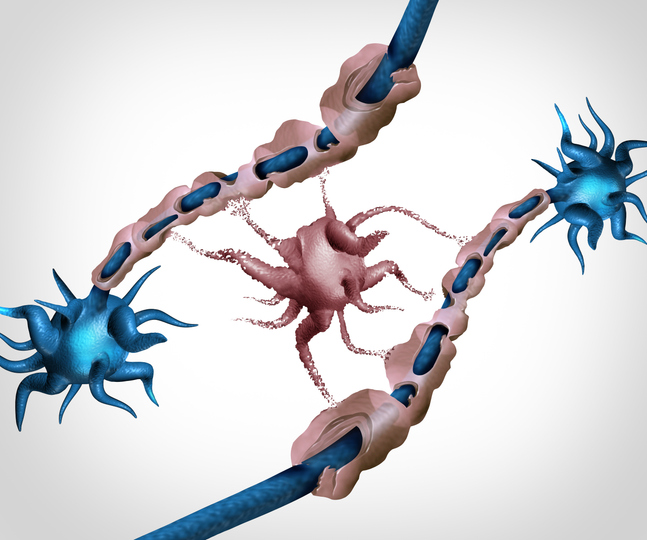Children with attention-deficit hyperactivity disorder (ADHD) commonly experience intellectual disability (ID) as well, which could pose an additional barrier for learning. Methylphenidate is often prescribed to patients with ADHD, but no meta-analysis has evaluated its impact on ADHD patients with comorbid ID or borderline intellectual functioning.
In this study, the PubMed, Medline, Cochrane Central Register of Controlled Trials, and ScienceDirect databases were queried for studies published from inception through July 15, 2018, that measured how methylphenidate affects children with ADHD and ID. The researchers used a random-effects model meta-analysis for data synthesis.
Final analysis included eight studies (average Jadad score, 2.5) with 242 patients receiving methylphenidate and 181 patients receiving placebo. Methylphenidate, compared with placebo, was associated with significantly improved ADHD symptoms (P<0.001). Upon meta-regression analysis, a correlation was observed between methylphenidate dose and overall ADHD severity improvement (P<0.001). There were no significant differences between methylphenidate versus placebo in rates of dropout (odds ratio [OR], 1.679; P=0.260) or treatment discontinuation due to adverse events (OR, 4.815; P=0.053).
The researchers concluded that their findings indicate methylphenidate is effective in children with ADHD and borderline intellectual functioning or ID.







 © 2025 Mashup Media, LLC, a Formedics Property. All Rights Reserved.
© 2025 Mashup Media, LLC, a Formedics Property. All Rights Reserved.